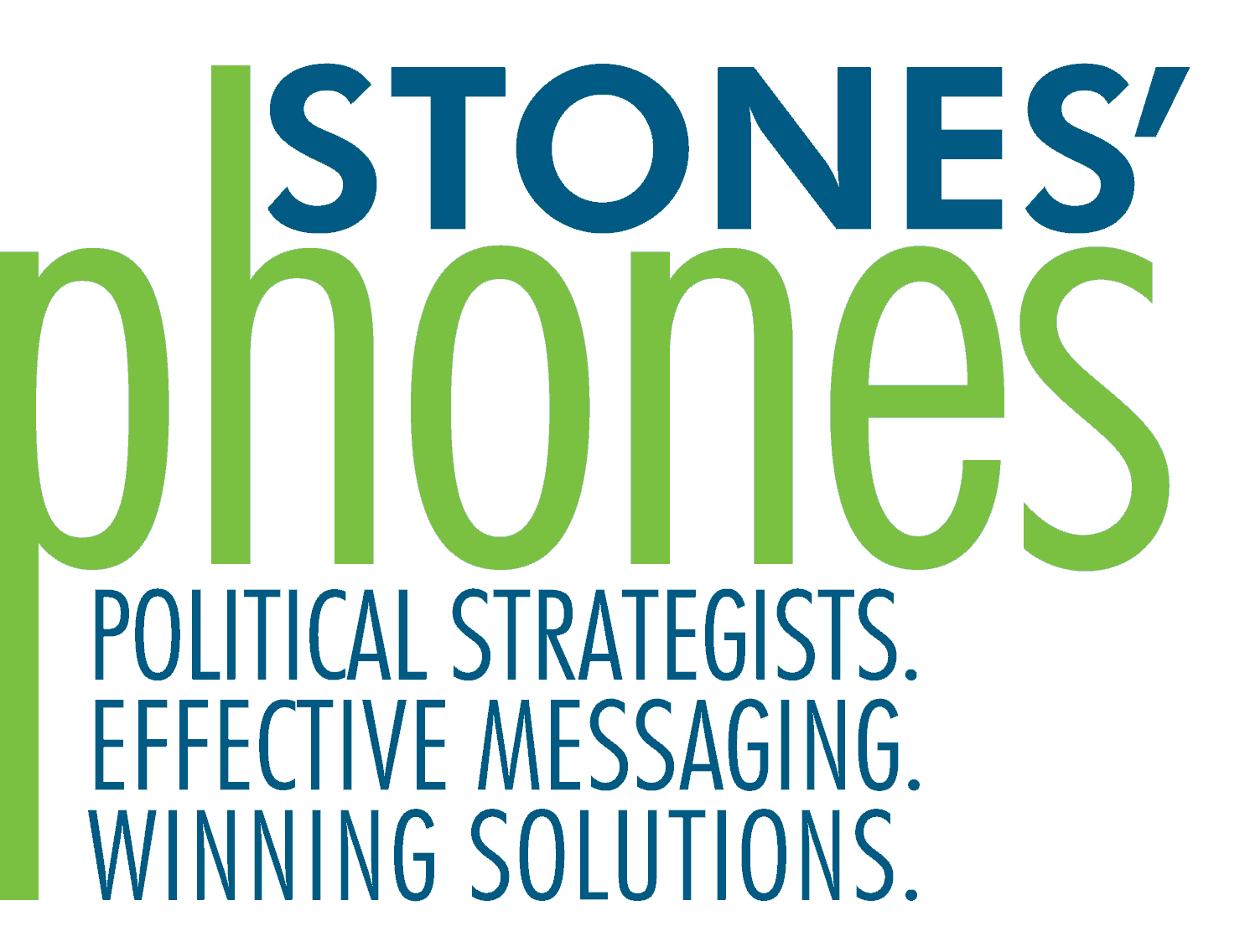There are lots of phone vendors out there that take political clients, but only some can be trusted to do a quality job for a fair price. Here are some common ways that less trustworthy vendors will try to do less and charge more.
1. Charging by the hour
Vendors that charge by the hour can easily jack up the price by performing calls more slowly.

In addition, this type of pricing doesn’t take into account how many calls are going out or how many calls are completed, which is what you should really care about.
All of our live calls are priced by the number of calls completed.
2. On live calls, not asking for the individual
When performing live calls, it always costs more for the operator to ask for a certain individual within the household. Asking for a specific individual allows for more reliable targeting. Some vendors will charge extra to place calls to the individual, but then their operators will simply talk to whomever answers the phone rather than asking for the right person.
3. Not asking all the questions in the script
Scripts that ask multiple questions are inherently more expensive than those that ask just one. The problem is that not all vendors actually ask all of the questions. This is why you should always ask for call reports. When you see reasonable response rates for Question 1 but a very high “Refused to Answer” rate for subsequent questions, you’ll know something is up!
4. Performing patch programs after business hours
Sometimes vendors will perform patch programs in the evening when they know it will be easier to reach people at home. This may increase the patch rate, but these patches are landing on legislators’ voicemail boxes. Patching calls into an office is most effective if the office receives the calls live, during business hours.
5. Only calling people that are easy to reach
We know that when we call our friends or family, not everyone will answer on the first try. Sometimes they’re busy, asleep, or simply away from the phone. So during call programs, it makes sense to try numbers more than once before giving up. But some vendors are more interested in finishing a call program as quickly as possible, and as a result the completion rate suffers. When using good, reliable data, we like to see a completion rate of at least 70% for live calls.
6. Pricing based on how long it takes to read the script
Scripts should be priced on the number of questions asked, not how long it takes to read the script. First of all, the time it takes to read varies based on the person reading. If you read like an auctioneer, you’ll have a cheap call that nobody will understand. If you read in slow motion, you’ll have a very expensive call and nobody will have the patience to stay on the line.
